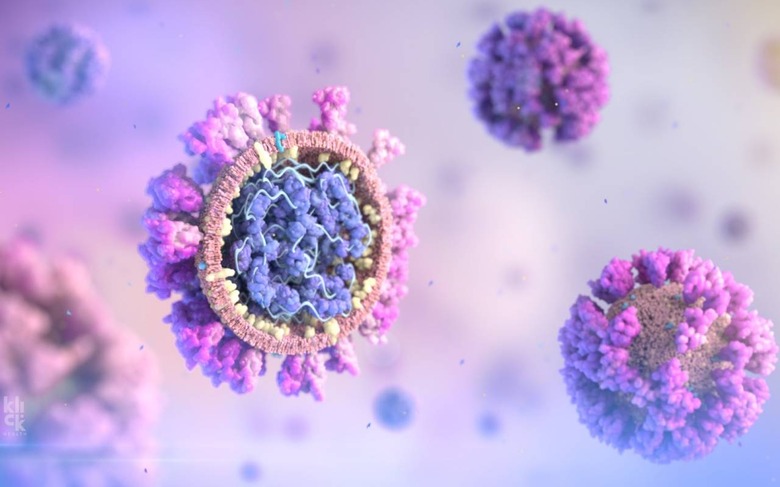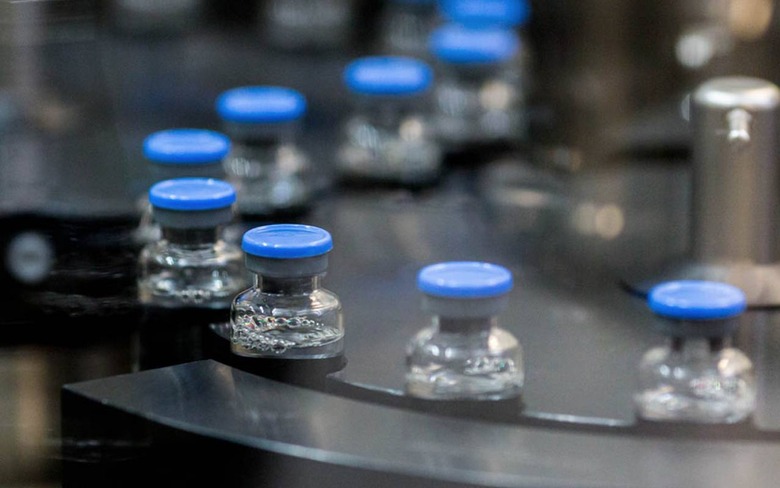US Government Cuts $1 Billion Deal For Experimental COVID-19 Vaccine
The US Government will spent more than $1 billion on an experimental COVID-19 vaccine, inking a deal for millions of doses of the drug assuming it passes FDA authorization. One million doses of the vaccine, Johnson & Johnson's Ad26.COV2.S, will be secured in the deal, though the door has been left open for significantly more should that be required.
Indeed, Johnson & Johnson said today, the US government could purchase an additional 200 million doses of the drug under a subsequent agreement. The pharmaceutical firm says it is pricing its vaccine at a global not-for-profit basis for emergency pandemic use, as coronavirus continues to impact countries around the world.
Two trials with human participants are currently underway, one in the US and the other in Belgium. Those Phase 1/2a fist-in-human clinical trials of Ad26.COV2.S followed pre-clinical data published in late July, which found that a single dose of the drug "elicits a strong immune response that protects against subsequent infection." A Phase 3 clinical trial is scheduled to begin in September 2020.

While it's costing the US no small amount of money, the vaccine won't actually be purchased unless it satisfies federal testing. The doses will need to gain approval or Emergency Use Authorization by the U.S. Food and Drug Administration (FDA), which has already laid down the guidelines by which it will be assessing potential vaccine candidates. Before that EUA or approval is granted, they can't be used outside of clinical studies.
One aspect of the FDA rules covers clinical testing, including plans for vaccinating pregnant people, and making sure that there has been sufficient diversity in the cohort of subjects to ensure that the proposed drug is broadly applicable. The FDA also has efficacy requirements, with the agency saying that it "would expect that a COVID-19 vaccine would prevent disease or decrease its severity in at least 50% of people who are vaccinated."

Even should those milestones be passed, there's still the question of public receptiveness to any COVID-19 vaccination program. So-called vaccine skeptics have proved a growing – and increasingly vocal – roadblock to childhood immunization programs, leading to concerns that even should a coronavirus vaccine be developed, some Americans might opt not to take it. That could have significant impact on overall levels of immunity.
Currently, Johnson & Johnson says, it's evaluating both one- and two-dose regimens of Ad26.COV2.S, along with "working diligently to ensure broad, global access to the vaccine following approval or authorization by regulators." The goal, the company says, is to have had more than one billion doses globally ready by the end of 2021, assuming the clinical trial results pan out as hoped.
For the US, there's the potential for the vaccine to be provided free of charge, though there may still be a fee for its administration. "If these doses are used in a COVID-19 vaccination campaign, the vaccine would be available to the American people at no cost," the U.S. Department of Health and Human Services (HHS) said today of the agreement. "As is customary with government-purchased vaccines, healthcare professionals could charge for the cost of administering the vaccine."
